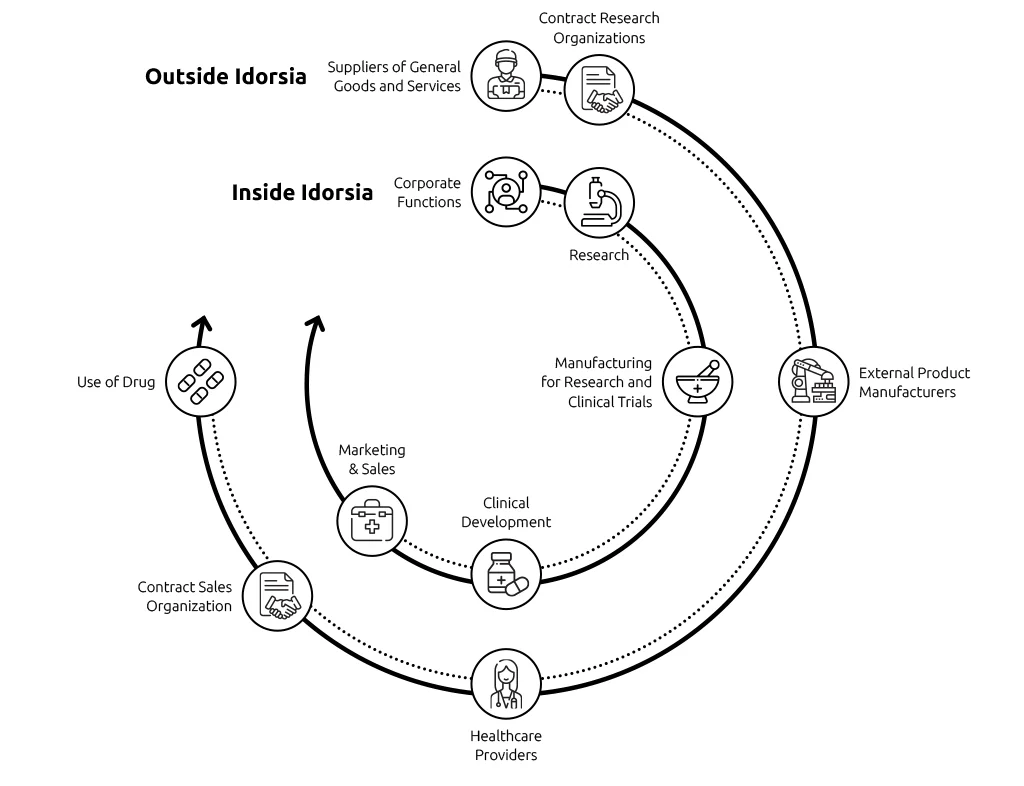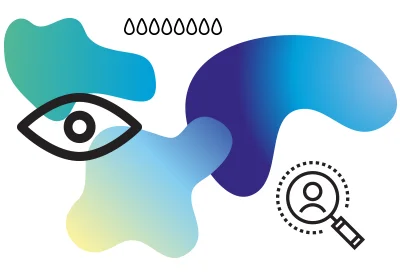The purpose of Idorsia is to challenge accepted medical paradigms, answering the questions that matter most. To achieve this, we will discover, develop, and commercialize transformative medicines – either with in-house capabilities or together with partners – and evolve Idorsia into a leading biopharmaceutical company, with a strong scientific core.
Delivering on our purpose is our core responsibility to our stakeholders and to society. We are committed to achieving this in an economically, socially, and environmentally responsible manner.
We take our responsibility seriously and seek dialogue with all our stakeholders to find out what really matters to them, through efforts such as our materiality assessment and stakeholder-specific engagement activities.

